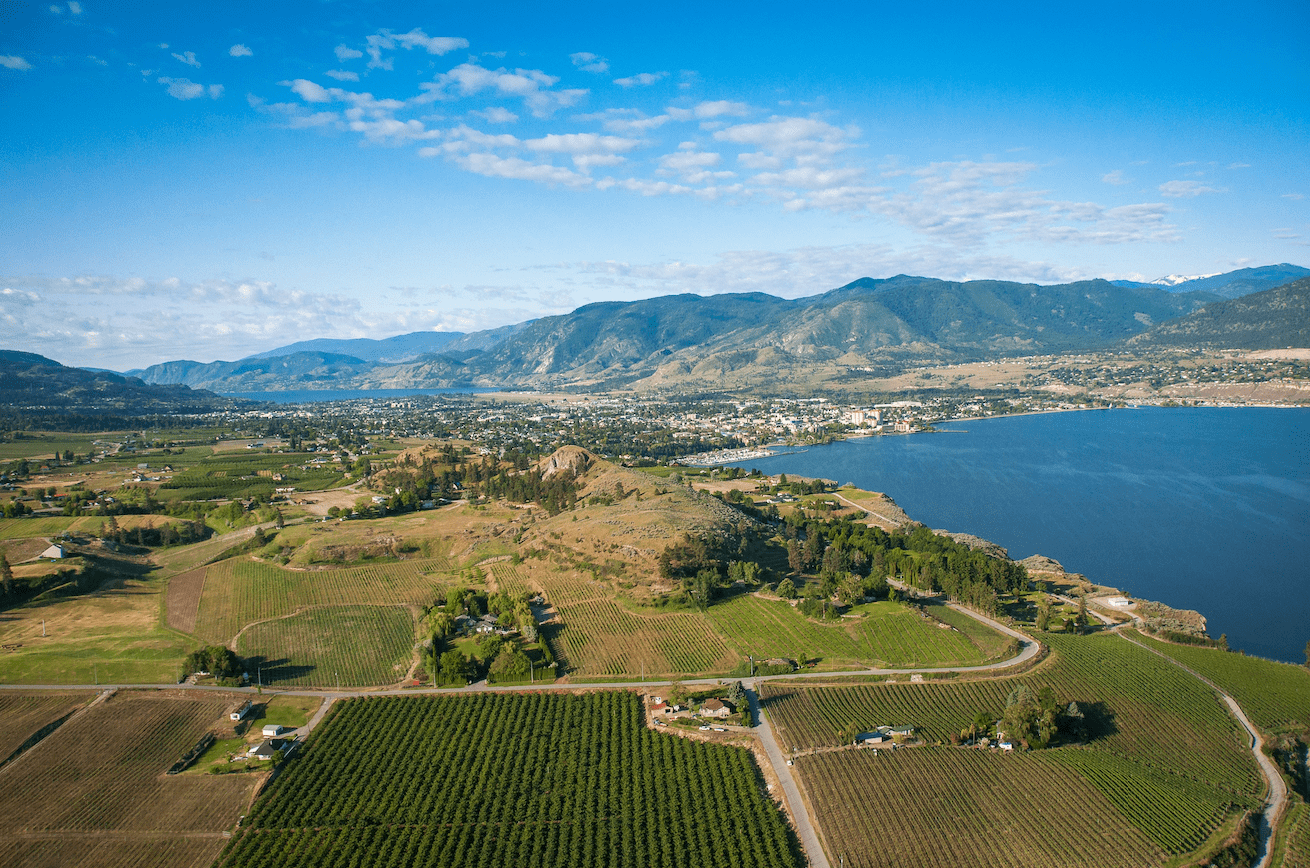VICTORIA – To support greater First Nations participation in the clean energy sector, applications are now being accepted until the end of January for the next round of funding from the First Nations Clean Energy Business Fund (FNCEBF). Since 2011, the B.C. government has invested more than $6.8 million through the FNCEBF to support First Nations participation in clean energy projects for 116 Aboriginal communities.
In 2015, a total of $1.358 million was invested in 14 First Nations new clean energy projects and as of year-end the government has entered into 39 clean energy revenue sharing agreements with 31 First Nations. Since the inception of the fund, more than $8.21 million including the initial appropriation of $5 million and $3.21 million in provincial revenues from water and land rents has been shared with First Nations.
From small, run-of-river hydro projects and community energy planning, to reducing diesel and propane use and exploring ocean thermal power, First Nations are developing innovative, clean green energy projects throughout B.C. with support from the fund. A good example of this can be found near Chetwynd, where the Saulteau and Moberly Lake First Nations are replacing a plant nursery’s propane heating with a cleaner, lower cost, biomass heating system with funding support of $150,000.
The Twin Sisters Native Plant Nursery grows plant species used in site reclamation by the mining and oil and gas industries. By providing local plant stock for reclamation, the nursery is playing an important role in helping restore post-industrial lands to natural, healthy and productive ecosystems. The upgraded biomass heating system will initially heat two existing greenhouses, with the capability of supporting two additional greenhouses as they are built.
The scope of the fund has been expanded this year and now includes equity investments to implement high-efficiency heating technologies. The installation of small-scale wind or biomass or other renewable energy technologies that will provide load displacement in the community are examples that the FNCEBF will fund. Capacity funding has also been expanded and can now be applied to certain types of training including solar and insulation installation, draft proofing, ventilation and energy efficient home and building design.
Funding for clean energy projects and agreements is part of the Province’s commitment to reconciliation with First Nations. This includes ensuring more nations are involved in economic opportunities that make their communities and the rest of the province stronger.
First Nations Clean Energy Business Fund 2015 projects included the following:
- ‘Namgis First Nation, near Alert Bay, received $400,000 to support an equity investment in the Kokish River run-of-river hydroelectric project.
- Beecher Bay First Nation, near Sooke, received $400,000 to support the construction of a residential ocean-thermal heating system.
- Saulteau First Nation, near Chetwynd, received $150,000 to replace a plant nursery’s propane heating with a cleaner, biomass heating system.
- Naut’sa Mawt Tribal Council, representing First Nations in the areas of the Strait of Georgia and Strait of Juan de Fuca, received $80,000 to create Community Energy Plans for the Halalt First Nation, Homalco First Nation, Tsawwassen First Nation, and Stz’uminus First Nation.
- Ka:’yu:’k’t’h’/Che:k’tles7et’h’ First Nation, near Kyuquot, received $40,000 to study the feasibility of a proposed one megawatt run-of-river hydroelectric project on a creek in the First Nation’s traditional territory.
- The Tsilhqot’in National Government, near Williams Lake, received $40,000 to study the feasibility of a proposed large-scale, grid-connected solar farm on a former industrial site in Tsilhqot’in traditional territory.
- Kwikwasut’inuxw Haxwa’mis First Nation, near Alert Bay, received $30,000 to create a new Community Energy Plan and assessment of future opportunities in the clean energy sector.
- Quatsino First Nation, near Coal Harbour, received $31,998 to study the feasibility of a proposed five megawatt run-of-river hydroelectric project on a creek in the First Nation’s traditional territory.
- Kitsumkalum First Nation, near Terrace, received $40,000 to study the feasibility of developing a 15-megawatt wood-burning, biomass electrical plant on the nation’s reserve lands.
- Wet’suwet’en First Nation, near Burns Lake, received $30,000 to explore potential clean energy opportunities and ways of reducing energy use through the development of a new community energy plan.
- Musqueam Indian Band, near Vancouver, received $28,500 to develop a community energy plan looking at ways to ensure more efficient energy use, develop new sources of alternative energy and find ways to reduce greenhouse gas emissions.
- K’omoks First Nation, near Courtenay, received $28,000 to develop community energy plan to build community awareness and understanding of energy issues and explore options to improve energy efficiency, reduce electricity use and assess potential clean energy projects.
- Snuneymuxw First Nation, near Nanaimo, received $30,000 to undertake an energy and emissions plan for its community. The plan will create awareness in the community of its energy footprint and provide advice to reduce energy use in homes and other buildings.
- We Wai Kai First Nation, near Campbell River, received $30,000 for its community energy plan. Overall goals are to minimize community energy use and reduce energy costs at the band’s cultural centre.

